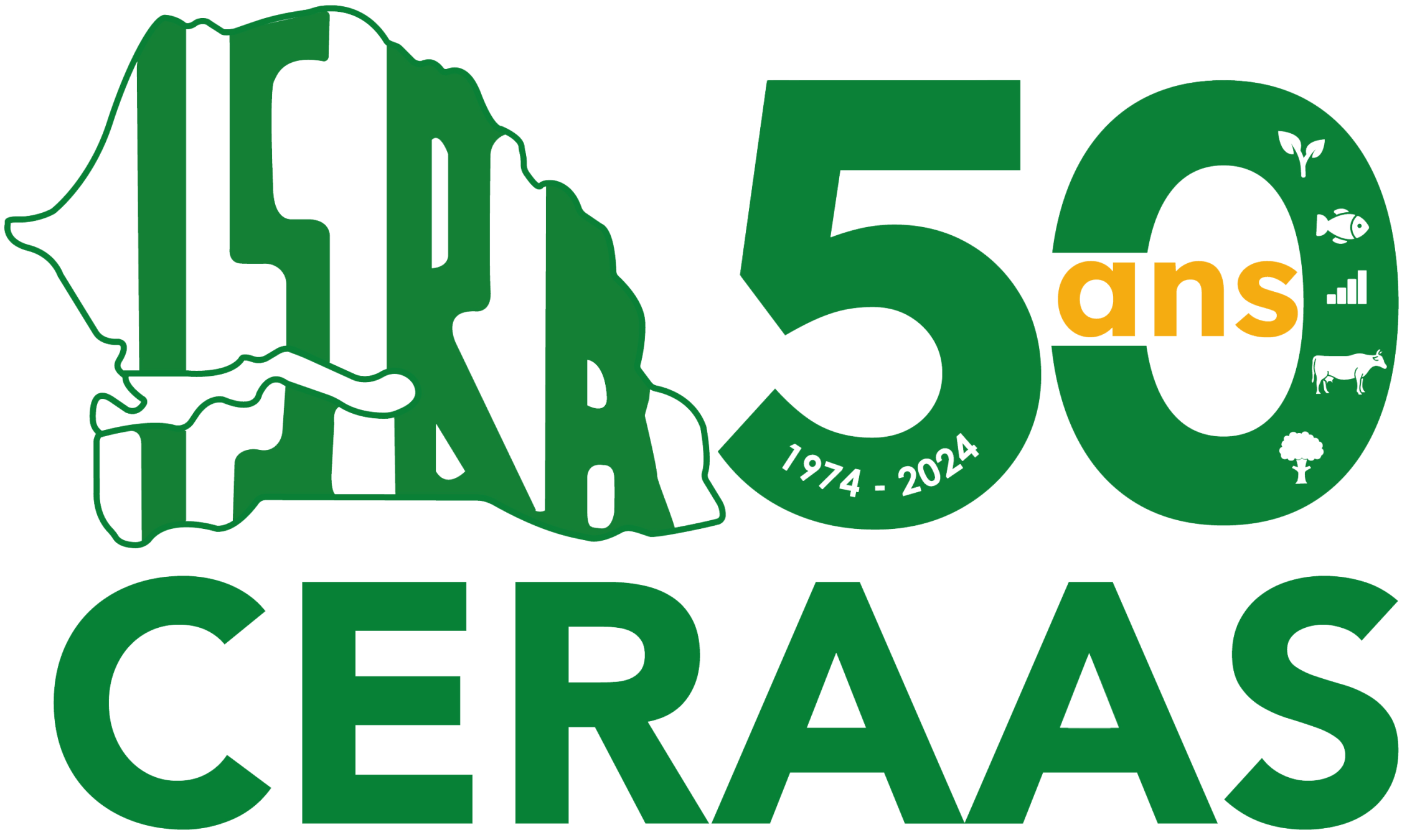26Mar
DeSIRA (Development Smart Innovation through Research in Agriculture):
Initiative aiming at linking more effectively research and innovation with development. Funded by the EU, this intends to boost innovation in agriculture and food systems transformation in low and middle-income countries with a view to be more resilient to the effects of climate change. It particularly emphasises the Sahel region, the poorest region in the […]
26Mar
Technologies for African Agricultural Transformation (TAAT):
An important element of “Feed Africa” a strategy of the African Development Bank to transform agriculture and scale up agribusiness opportunities throughout 18 key agricultural commodity value chains targeting the sorghum and pearl millet compact. TAAT supports Feed Africa by providing the needed, proven agricultural and food processing technologies and implementation strategies for inclusion within […]
26Mar
PAIRED Partnership for Agricultural Research, Education and Development in West and Central Africa:
ThisCORAF and USAID partnership is underpinned by the conviction that regional approaches and interventions are efficient as an added value to national efforts in reaching out to millions of people whose livelihoods depend on agriculture and whose socio-cultural and economic circumstances are similar. The current program, Partnership for Agricultural Research, Education and Development (PAIRED) in […]
26Mar
The USAID Feed the Future Sorghum and Millet Innovation Lab (SMIL), Legumes System Research Innovation Lab (LSRIL), Sustainable Intensification Innovation Lab (SIIL) and Peanut Innovation Lab (PIL), Innovation Lab for Crop Improvement (ILCI):
An initiative that is part of the U.S. government’s strategy to fight hunger and poverty around the world. In WA, these innovations labs are already collaborating tightly with the RCE CERAAS and its partners, especially on sorghum, millet, cowpea and groundnut improvement and variety testing together with best agronomic practices.
26Mar
Feed the Future / USAID innovation labs
Les laboratoires d’innovation du programme Feed the Future de l’USAID sont une des stratégies du gouvernement Américain pour lutter contre la faim et la pauvreté dans le monde à travers la recherche pour le développement, la formation et le partenariat entre des institutions nationales de recherche et des Universités américaines. Ces stratégies sont mises en […]
26Mar
Enhancing institutional breeding capacity in Ghana, Senegal and Uganda to develop climate resilient crops for African smallholder farmers (EBCA):
This project is supported by the International Fund for Agricultural Development (IFAD) and led by the IBP through a hosting arrangement with AfricaRice. The main objective of the project is to develop and disseminate improved crop cultivars in Senegal, Ghana and Uganda that have characteristics that meet smallholder needs (improved grain yield and quality, fodder) […]
26Mar
Sustainable Intensification Innovation Lab (Phase 2 – Date?).
This lab is managed internationally by theUniversity of Kansas. The objectives are to develop research and capacity building portfolios in collaboration with U.S.universities and international research organizations on activities related to sustainable intensification, and tosustainably increase agricultural productivity and incomes that ensure food and nutrition security for smallholderfarmers in Africa and Asia while maintaining a […]
26Mar
Legume System Research Innovation Lab (Phase? – Date?).
This lab is managed internationally by theUniversity of Michigan. It aims to develop innovations in legume pest control, new and improved variety selection,alternative cropping systems, technology adoption in commercial systems, nutritional approaches, and the effects ofpolicies on the system. It also aims to fill gaps in the knowledge base on approaches to better understand and […]
26Mar
Peanut Innovation Lab (Phase 2 – 2018-2022).
This laboratory is managed internationally by the University ofGeorgia. Its goal is to reduce hunger by helping farmers in developing countries to grow and benefit from healthypeanut. The new program builds on the many successes of the previous Peanut and Mycotoxin Innovation Laboratory interms of new variety development, pre- and post-harvest management, and processing. It […]
26Mar
Sorghum and Millet Innovation Lab (phase 2 – 2019-2023).
This laboratory is managed internationally by theUniversity of Kansas. It is a leading research consortium aimed at improving the adaptation and resilience of sorghumand millet to the semi-arid climates of East and West Africa. It brings together U.S. and international universities andresearch organizations in a collaborative effort to build human and institutional capacity in Ethiopia, […]
